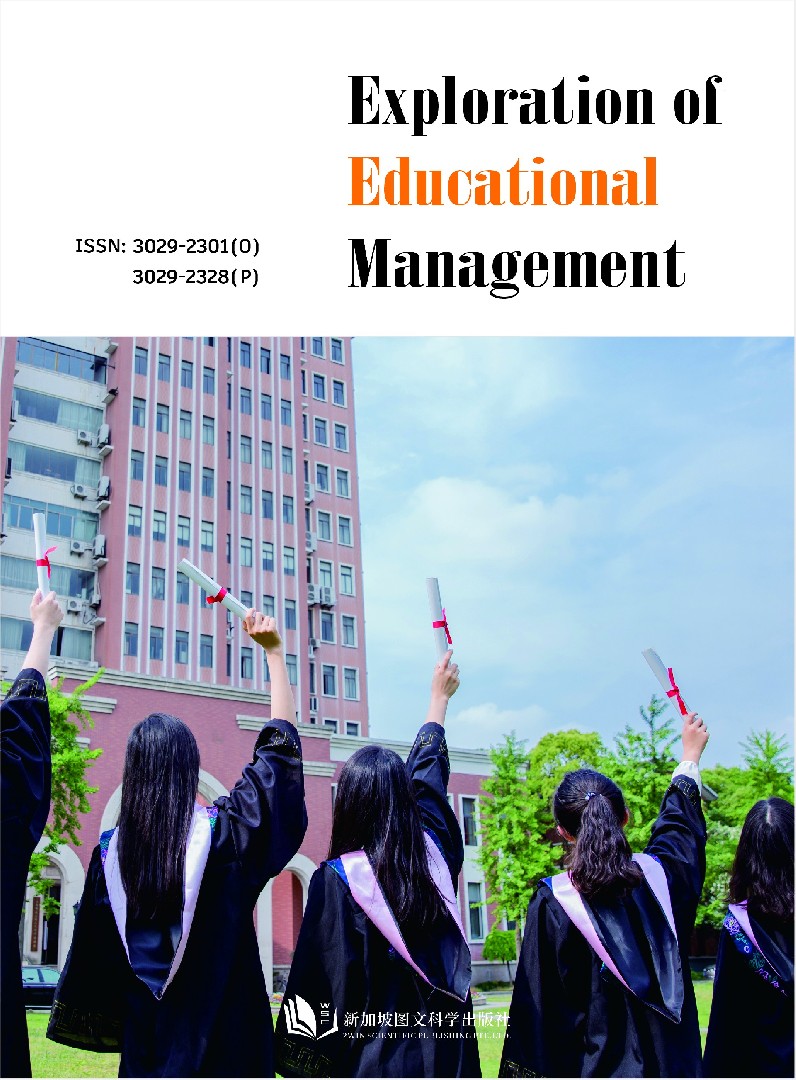作者
Zheng Pan
文章摘要
Abstract: Organising modern large-scale sporting events plays an important role in demonstrating the image of the city, enhancing international exchanges, promoting the spirit of sports, economic development, and civilised construction. This research explores the trend of China's sporting events in the past 30 years through major sports events held in China since 1990. The research finds through the case study that hosting sports events as one of the contents of the development of the national sports industry also has different strategies in different countries and different periods, especially China. Also, it analyses the different strategies and reasons for hosting major sports events in different periods in China, and deeply explores the relevant policies of local government, local and national sports bureau and relevant central decision-making institutions, and further analyses the reasons and trends of policy formulation. Moreover, through Beijing, Shanghai and Guangzhou, the major sporting events held at different stages since 1990 and the sports strategies or policies formulated for the corresponding sports events are used to explore the reasons and purposes of hosting major sports events among China. Lastly, it provides certain theoretical guidance and practical basis for Chinese development of hosting sporting event industry. This research presents the reasons and trends of hosting sporting events in Beijing, Shanghai and Guangzhou by collecting documents and summarizing data.
文章关键词
Keywords: Sports Policy; Strategy; Sporting Major Event; China
参考文献
[1] Dong, J. (2011). Mainly Problems, Reasons and Countermeasure about Asia Games Developing. Journal of Sports and Science, 32(1), pp.37-45.
[2] Han, Y. (2017). Visual Analysis of the Evolution of Foreign Sports Policy Research. Journal of Shanghai University of Sport, 41(2), pp.7-14.
[3] Hou, S. (2012). Comparative Study on Chinese Sports Industry Administrative Regulations. Master Degree. University of Ningbo.
[4] Jing, M. and Xu, Z. (2012). Exploring the Communication Strategy of British National Image from London Olympics. China Academic Journal, (9), pp.55-59.
[5] Li, J. (2008). Study on Policy Implementation of Sport for All in Beijing. Doctor Degree. Fujian Normal University.
[6] Li, L. (2011). A Study on Influence and Evolution of Sport & Leisure Policies in Shanghai. Master Degree. East China Normal University.
[7] Liu, K. (2009). Policy Recommendations for Establishing and Improving the Sports Market in Guangzhou. China Academic Journal, (3), pp.28-33.
[8] Luo, B. and Zheng, F. (2010). Construction and Application of Evaluation Index System of Integrated Development of Beijing Urban-Rural Sports. China Sport Science, 30(11), pp.24-33.
[9] Ma, X. (2004). Analysis of Chinese Sport Policy during Beijing Olympic Games. Journal of Chengdu Sport University, 30(6), pp.1-7.
[10] Shi, F. (2013). Research on Strategies of Promoting City Image by Holding Large-scale Sports Events in Shanghai. Master Degree. Shanghai University of Sport.
[11] Wang, X. (2016). Research on Positive and Theory of Public Sports Service Development Plan Design in Shanghai. Master Degree. Shanghai University of Sport.
[12] Xi, T. and Zhang, H. (2010). Research on the 2010 World Cup in South Africa on China's Bid to Host the World Cup. Journal of Nanjing Institute of Physical Education, 24(4), pp.9-13.
[13] Xie, H. and Zhao, Q. (2014). Research of British Sports Policy of 2012 London Olympic Games. Journal of Sports Culture Guide, (1), pp.24-27.
[14] Yao, Y. (2014). Policy Research on Developing Sports Fitness and Entertainment Industry in Guangdong Province. Journal of Guangzhou Sport University, 34(3), pp.46-51.
[15] Zhuang, B. and Su, G. (1992). The Influence of the Party's Reform and Opening Policy on the Development of Rural Sports in Guangdong Province. Journal of Guangzhou Physical Education Institute, 12(4), pp.11-16.
Full Text:
DOI
